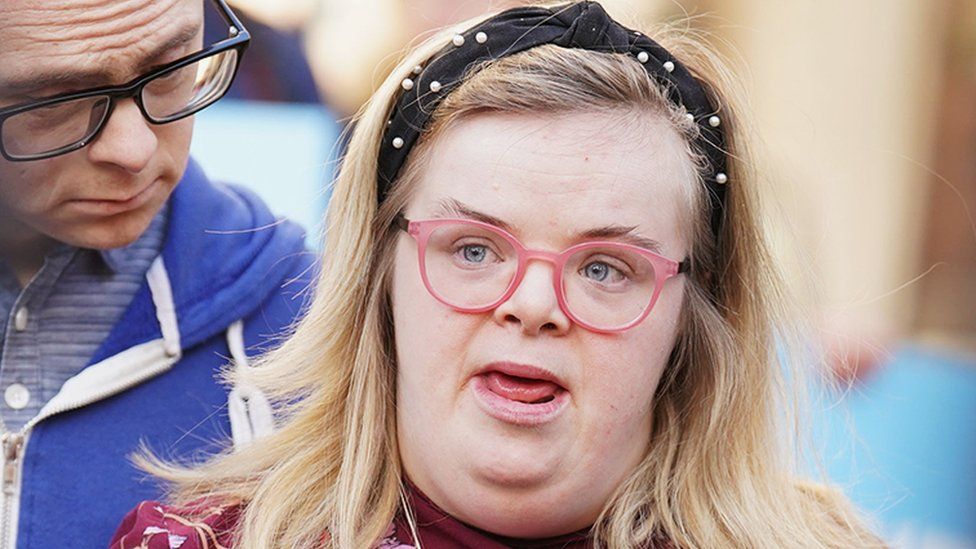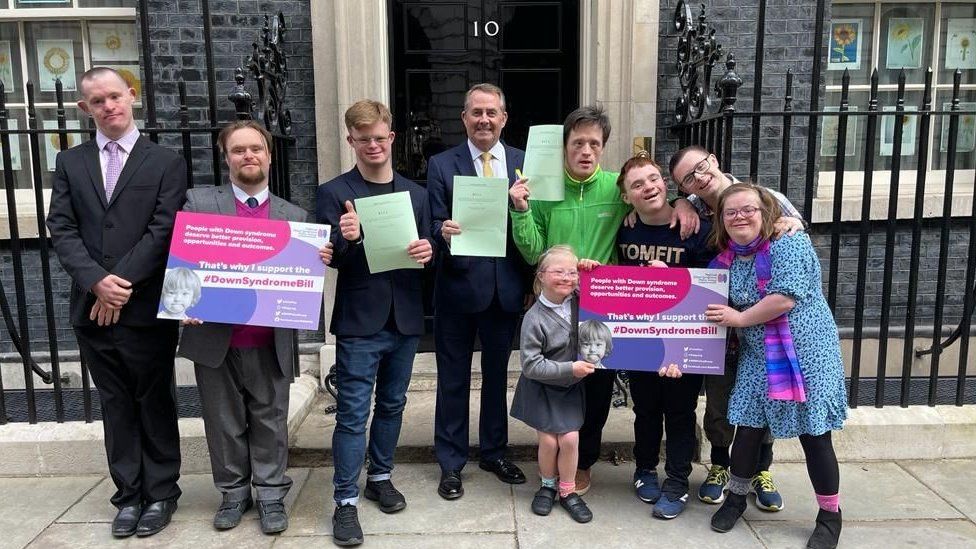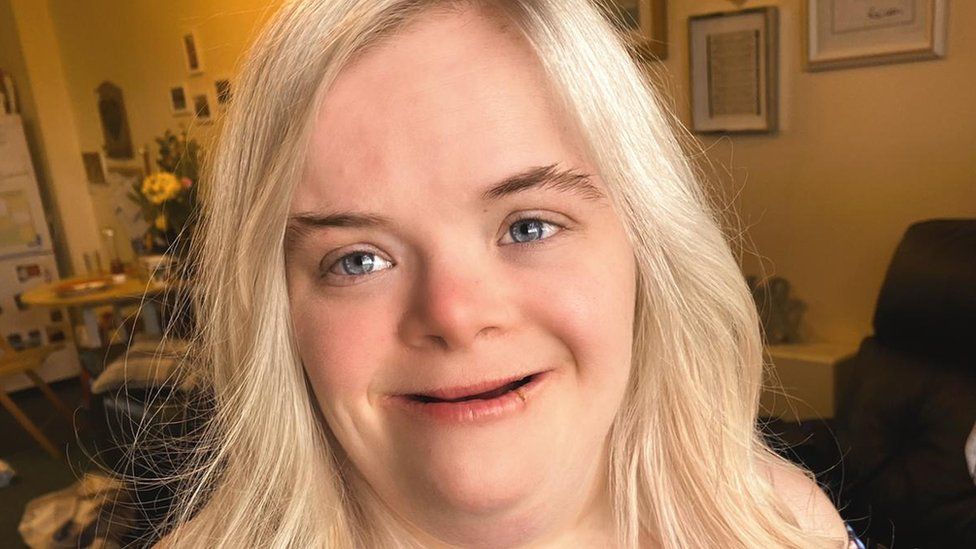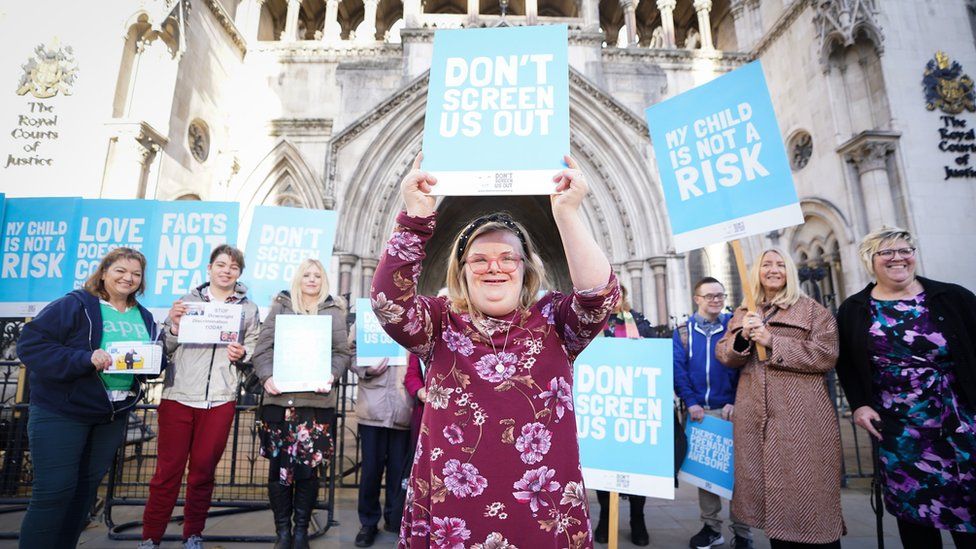-
Published58 minutes ago
A call for the government to back a move to outlaw the abortion after 24 weeks of foetuses diagnosed with Down’s syndrome has been rejected.
Currently, pregnancies involving foetuses with Down’s syndrome can be terminated up to the point of birth.
Conservative MP Sir Liam Fox is leading a cross-party campaign to bring the time limit into line with foetuses without serious disabilities.
Rishi Sunak said votes on abortion had always been a “matter of conscience”.
Leading charity the Down’s Syndrome Association (DSA), which champions the rights of people with Down’s syndrome, has called for a review of the law in light of the advances in medical science and testing options now available.
“People must have the relevant information to enable them to make an informed choice and the law must reflect the medical science available,” it says.
During Prime Minister’s Questions, Sir Liam described it as “an anomaly in the law” that, while the time limit for most UK abortions was 24 weeks into pregnancy, it was “up to full term” where Down’s Syndrome was diagnosed.
The former cabinet minister said he would be putting forward an amendment to the Criminal Justice Bill, currently going through Parliament, “to equalise the time limit in line with our disability and equality legislation”.
“Surely we can not accept in the 21st century that people with Down’s syndrome are second-class citizens in our country? Will the prime minister support the change?” he asked.
Mr Sunak replied it had “been longstanding convention that it would be for Parliament to decide whether to make any changes to the law on abortion and these issues have always been treated as an individual matter of conscience” – indicating that any Commons vote should be a “free” one, independent of party affiliation.
In November 2022, a woman with Down’s syndrome lost a legal challenge to the existing law – the 1967 Abortion Act as amended by the 1990 Human Fertilisation and Embryology Act – when judges at the Court of Appeal decided it did not interfere with the rights of living disabled people.
Heidi Crowter argued that the rules discriminated against people with Down’s syndrome and “doesn’t respect my life”.
Down’s syndrome results from being born with an extra chromosome, usually by chance because of a change in the sperm or egg before birth. There are estimated to be around 47,000 people with Down’s syndrome in the UK.
According to the DSA, people who have Down’s syndrome will have some level of learning disability, but also a range of abilities. “Some people will be more independent and do things like get a job. Other people might need more regular care,” it says.
As the law stands in England, Wales and Scotland, doctors can authorise an abortion if “there is a substantial risk that if the child were born it would suffer from such physical or mental abnormalities as to be seriously handicapped”, meaning that if a foetus is found to have Down’s syndrome, the pregnancy can be terminated after 24 weeks.
Sir Liam, who worked as a GP before entering Parliament, has a long-standing interest in Down’s syndrome issues. In 2022, a private member’s bill he introduced passed into law, the Down Syndrome Act.
It recognised people with Down’s syndrome as a specific minority group and made it a statutory duty that their specific social care needs were met.
-
-
Published25 November 2022

-
-
-
Published2 April 2022

-
-
-
Published23 September 2021

-
